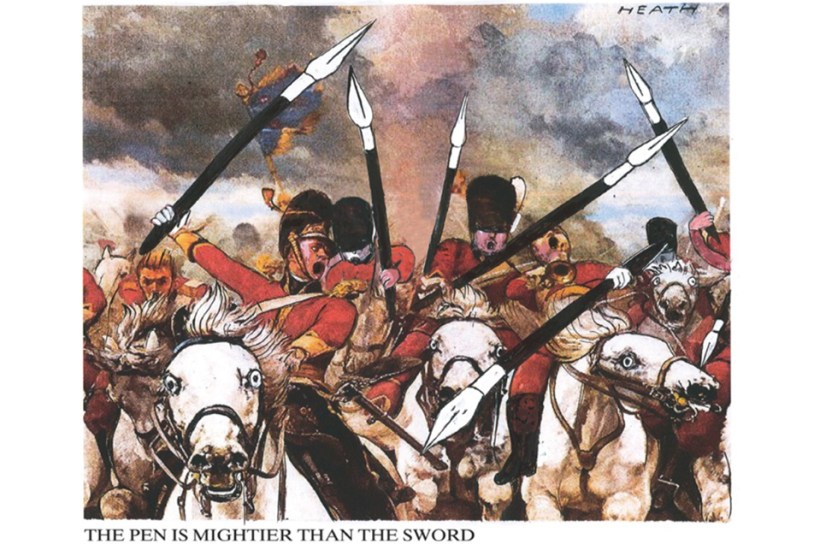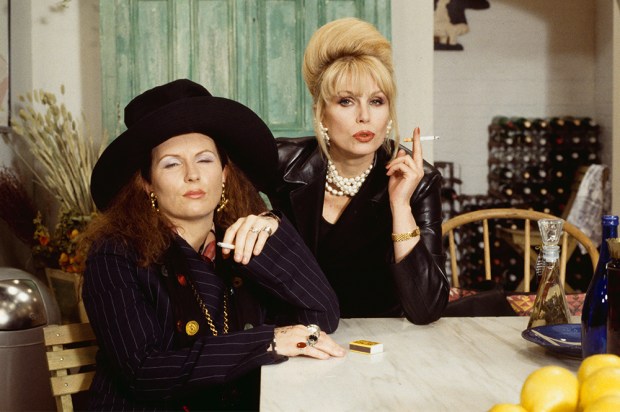‘The end of the novel’: so ran a headline in the Times recently. Well, every few years one pundit or another predicts the death of the novel. They have done so throughout my lifetime and by now many of them may well be deceased themselves. But this article cogently pointed out the dangers of the new culture wars whereby writers are castigated for writing about ethnicities or events outside their own ‘lived experience’.
Already a subscriber? Log in
Subscribe for just $2 a week
Try a month of The Spectator Australia absolutely free and without commitment. Not only that but – if you choose to continue – you’ll pay just $2 a week for your first year.
- Unlimited access to spectator.com.au and app
- The weekly edition on the Spectator Australia app
- Spectator podcasts and newsletters
- Full access to spectator.co.uk
Or
Unlock this article
You might disagree with half of it, but you’ll enjoy reading all of it. Try your first month for free, then just $2 a week for the remainder of your first year.













Comments
Don't miss out
Join the conversation with other Spectator Australia readers. Subscribe to leave a comment.
SUBSCRIBEAlready a subscriber? Log in